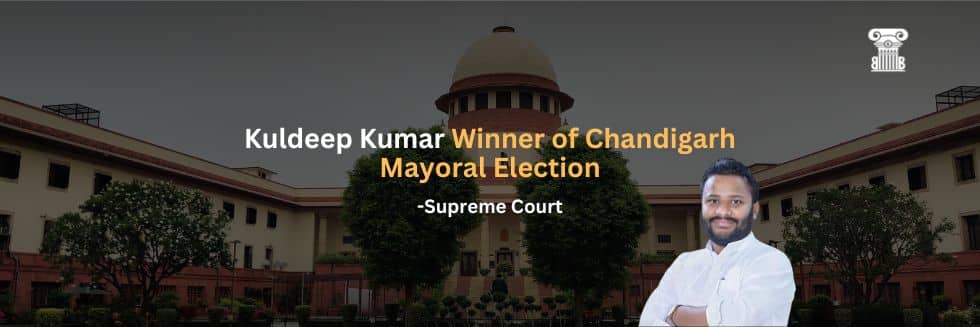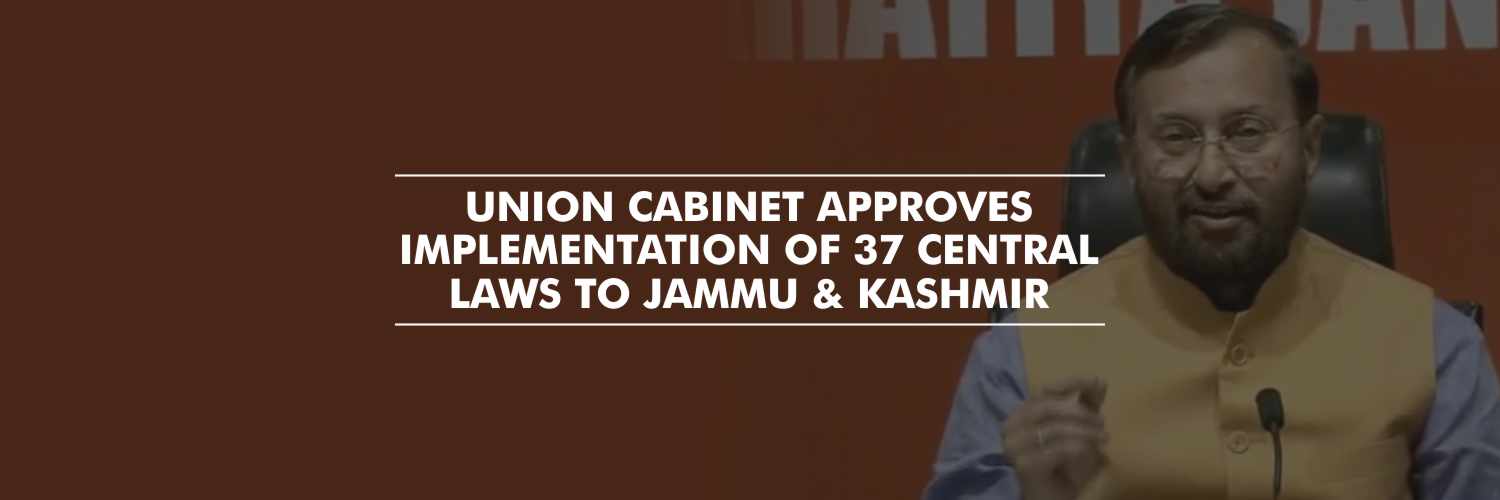In a landmark judgment, the Supreme Court has nullified the arrest of Prabir Purkayastha, the founder-editor of Newsclick, in a terrorism-related case. The apex court ordered his immediate release, citing the Delhi Police’s failure to inform him of the reasons for his arrest prior to his detention.
Purkayastha was taken into custody around 6:30 am by the Special Cell of the Delhi Police. The police alleged that Newsclick had received funds for promoting pro-China propaganda, leading to the invocation of the Unlawful Activities (Prevention) Act, 1967. The First Information Report (FIR) listed grave charges under various sections of the UAPA and the Indian Penal Code, 1860 (IPC), including unlawful activities, terrorist acts, raising funds for terrorist activities, conspiracy, promoting enmity between different groups, and criminal conspiracy.
Purkayastha was brought for his remand hearing at 6:30 am without any prior notice. His lawyers were informed about the proceedings only after 7 am, following his insistence. The remand application sent to his lawyers via WhatsApp was unsigned and lacked crucial details such as the time and grounds of arrest. Despite objections filed before 8 am, Purkayastha’s lawyers were informed that the remand order had already been granted, allowing seven days of police custody. Notably, official records indicate that the remand order was signed at 6 am, prior to Purkayastha’s appearance before the judge or notification to his lawyers. The FIR was made public several days after Purkayastha’s arrest.
Purkayastha’s primary argument was that his arrest was illegal and not in accordance with due process under the Indian Constitution. Article 22(1) of the Constitution states, “No person who is arrested shall be detained in custody without being informed, as soon as may be, of the grounds for such arrest nor shall he be denied the right to consult, and to be defended by, a legal practitioner of his choice.”
In Purkayastha’s case, he was brought for his remand hearing at 6:30 am without advance notice. Only after his insistence, his lawyers were informed about the proceedings after 7 am. The remand application sent to his lawyers via WhatsApp was incomplete, lacking essential details such as the time and reasons for arrest.
Article 22 of the Indian Constitution provides certain safeguards to individuals who are arrested or detained. Article 22(1) states that no person can be arrested or detained without being informed of the grounds for such arrest or detention, except under certain circumstances specified in Article 22(2). Anyone arrested must be informed, as soon as possible, of the grounds for their arrest and allowed to consult and be defended by a legal practitioner of their choice.
In a recent case, the Supreme Court observed that “the mode of conveying information of the grounds of arrest must necessarily be meaningful so as to serve the intended purpose.” It was held that the arrestee must be informed of the grounds for his arrest in writing “as a matter of course and without exception”.
The Supreme Court in the case of Joginder Kumar v. State of U.P. (1994) laid down the following requirements for effective enforcement of fundamental rights: An arrested person being held in custody is entitled, if he so requests, to have one friend, relative or other person who is known to him or likely to take an interest in his welfare told as far as is practicable that he has been arrested and where he is being detained.
The police officer shall inform the arrested person when he is brought to the police station of this right. An entry shall be required to be made in the diary as to who was informed of the arrest. These protections from power must be held to flow from Articles 21 and 22(1) and enforced strictly.






